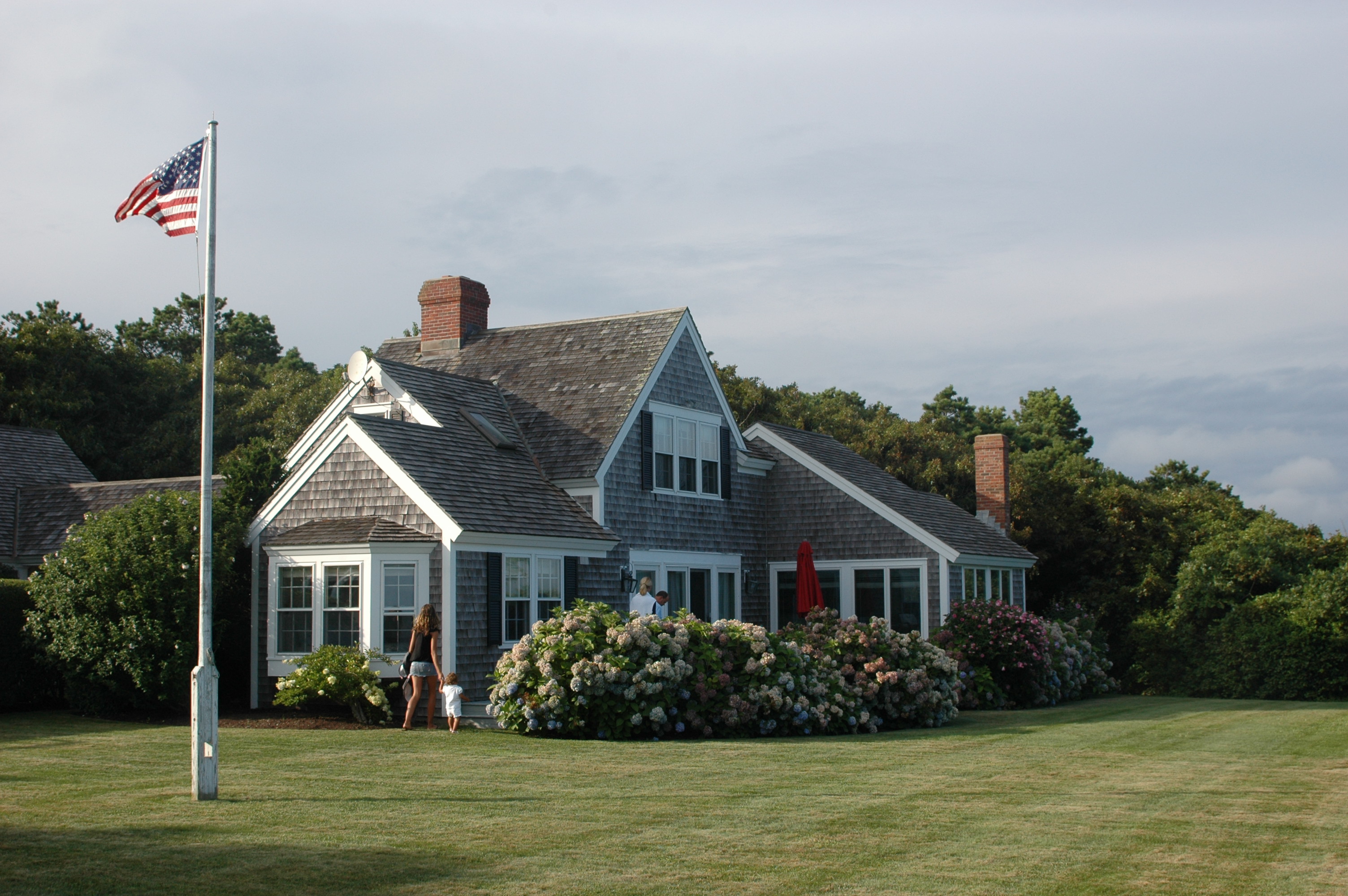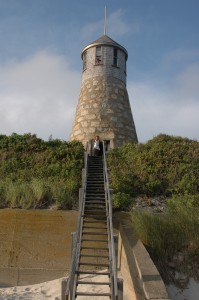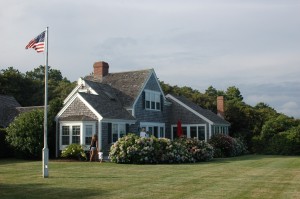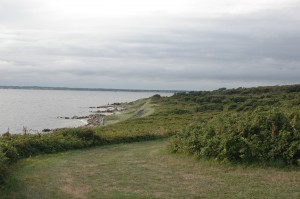We are on vacation this week on Cape Cod. We are staying on Great Island with my friends from college. Great Island is a small private island in Yarmouth. It’s a beautiful place across the harbor from the Kennedy compound. It has been in my friends family, the Chace’s, for generations. It has great history as does the Chace family. I’m big into family legacy.
The Chace story goes back to Oliver Chace in 1839 with creation of the Valley Falls company, a textile mill. By 1955, the Valley Falls Company had acquired a number of additional textile mills and including the Berkshire Fine Spinning and the Hathaway Mills from Horatio Hathaway, thereby creating Berkshire Hathaway. By 1955 Berkshire Hathaway, run and operated by Malcolm G. Chace Jr was generating 120 Million in revenue, had 15 plants and 12,000 employees.
In 1962 Buffet Limited Partnership, run by Warren Buffet started to buy shares of Berkshire Hathaway. By 1965 Buffet had paid 14 million dollars and took control of the company. The part of this story I like best is what few people know. Impressed with this young entrepreneur named Warren Buffet and his investment strategies, Malcolm Chace took much of the purchase price of his family business in the form of stock and held it. He went long on Warren Buffet. Adhering to many of Warren Buffets principles of frugality and common sense Malcolm Jr held his shares in Berkshire Hathaway and the family still owns the majority of the original shares they received for Berkshire Hathaway today.
Adhering to strong principles, and having the strength to bet long term, Malcolm Chace Jr. had the ability to turn an exit of his company into a giant return. Exits, in most cases are the pinnacle of return. Not so in this case. The sale of Berkshire Hathaway to Warren Buffet created the platform for Warren to grow his financial juggernaut. While Malcolm turned a 14 million dollar buyout into 100’s of millions of dollars and extended the legacy of the Chace Family.
Fourteen million dollars was a lot of money in 1965. Most people would have taken the money and run. It’s principles and vision that drive decisions few would make in the moment. Malcolm had the principles and vision to turn something smaller into something bigger.
Principles, vision, and values direct us, regardless of what they are. Without them you can never really know what you will do.




